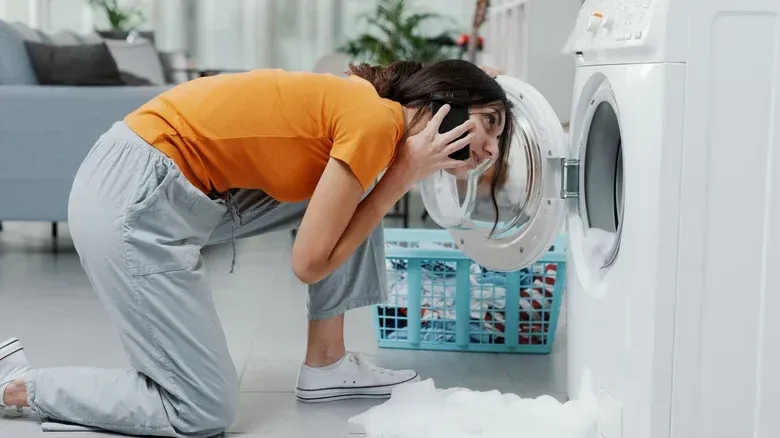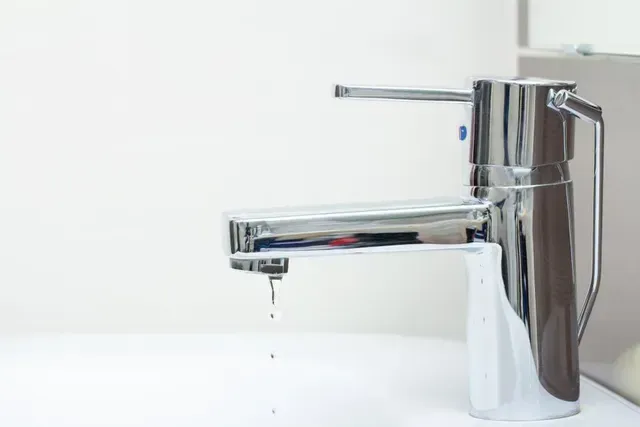The Best Ways to Fix Clogged Washing Machine Drains
Ever been faced with a laundry day disaster due to a clogged washing machine drain? It’s a frustration many of us have encountered—an unexpected hurdle that disrupts our daily routine. Whether it’s water pooling around the washer or a machine that simply won’t drain, these issues can put a damper on an otherwise smooth-running household. Fear not, though, because in this guide, we’ll explore effective and practical methods to tackle clogged washing machine drains. From simple DIY solutions to more advanced techniques, you’ll learn how to restore your washer’s drainage efficiently, ensuring laundry day stays stress-free.
How to unclog a shower drain with standing water!
Hot Water and Baking Soda:
One of the simplest and environmentally friendly methods to tackle minor clogs in washing machine drains is using a mixture of hot water and baking soda. Start by pouring a pot of boiling water down the drain to loosen any debris and grease buildup. Follow this by sprinkling about half a cup of baking soda into the drain. Allow the baking soda to sit for a few minutes to work its way into the clog. Then, slowly pour another pot of boiling water down the drain to help flush out the dissolved residue. This method is gentle yet effective for regular maintenance and can help keep your washing machine draining smoothly without harsh chemicals.
Use of Drain Cleaner:
When dealing with more stubborn clogs in washing machine drains, using a specialized drain cleaner can be an effective solution. Choose a drain cleaner that is specifically formulated for washing machine drains to ensure compatibility with your plumbing system and the type of clogs typically found in these drains. Follow the manufacturer's instructions carefully, as drain cleaners can vary in application methods and safety precautions. Typically, you'll pour the cleaner into the drain, allow it to work for a specified period to dissolve the clog, and then flush the drain with hot water. This method is best for moderate to severe clogs and should be used with caution to avoid damaging your plumbing.

Snake the Drain:
For more stubborn clogs that hot water or drain cleaner can't handle, using a plumbing snake or auger is a practical solution. Start by locating the drain access point, often found near the washer's discharge hose or behind the machine. Feed the snake carefully into the drain, rotating it as you go to navigate through the clog. Once you feel resistance, gently maneuver the snake to break up and remove the obstruction. Pull out the snake slowly, ensuring you capture any debris that's causing the blockage. This method is effective for reaching deeper clogs that other methods may not reach and can restore proper drainage to your washing machine.
Use of a Power Auger:
When faced with particularly stubborn or deep-seated clogs in washing machine drains, a power auger, also known as a plumber's snake, can be an invaluable tool. A power auger is designed to reach deeper into the drain and apply more force than a manual snake, making it effective for clearing tough blockages. Begin by inserting the auger into the drain access point and slowly feeding it through while applying gentle pressure. Once you reach the clog, engage the auger's mechanism to break up and retrieve the obstruction. Pull the auger back slowly, ensuring it clears the drain completely. Exercise caution to avoid damaging the pipes, and consider consulting a professional if you're unfamiliar with using a power auger.
Check the Drain Filter:
A frequently overlooked culprit of washing machine drain issues is the drain filter, which can become clogged with lint, fabric fibers, and debris over time. To address this, locate and access the drain filter, typically found near the front or bottom of the machine behind a small access panel. Before opening, place a towel or container underneath to catch any water that may spill out. Once open, carefully remove the filter and inspect it for buildup. Clean the filter thoroughly under running water, removing any visible debris or blockages. Once cleaned, reinstall the filter securely and run a short rinse cycle to ensure proper drainage. Checking and cleaning the drain filter regularly can prevent future clogs and maintain efficient operation of your washing machine.
Conclusion:
When faced with a clogged washing machine drain, having the right tools and methods at your disposal can make all the difference. From gentle remedies like hot water and baking soda to more robust solutions such as using drain cleaners, snaking the drain, using a power auger, and checking the drain filter, each method offers a unique approach to restoring proper drainage. Whether you opt for DIY solutions or seek professional assistance for persistent clogs, addressing drain issues promptly ensures smooth operation of your washing machine and prevents potential water damage to your home. By understanding and applying these techniques, you can maintain a hassle-free laundry routine and prolong the lifespan of your washing machine.
Reach out to us for excellent drain clearing services!










